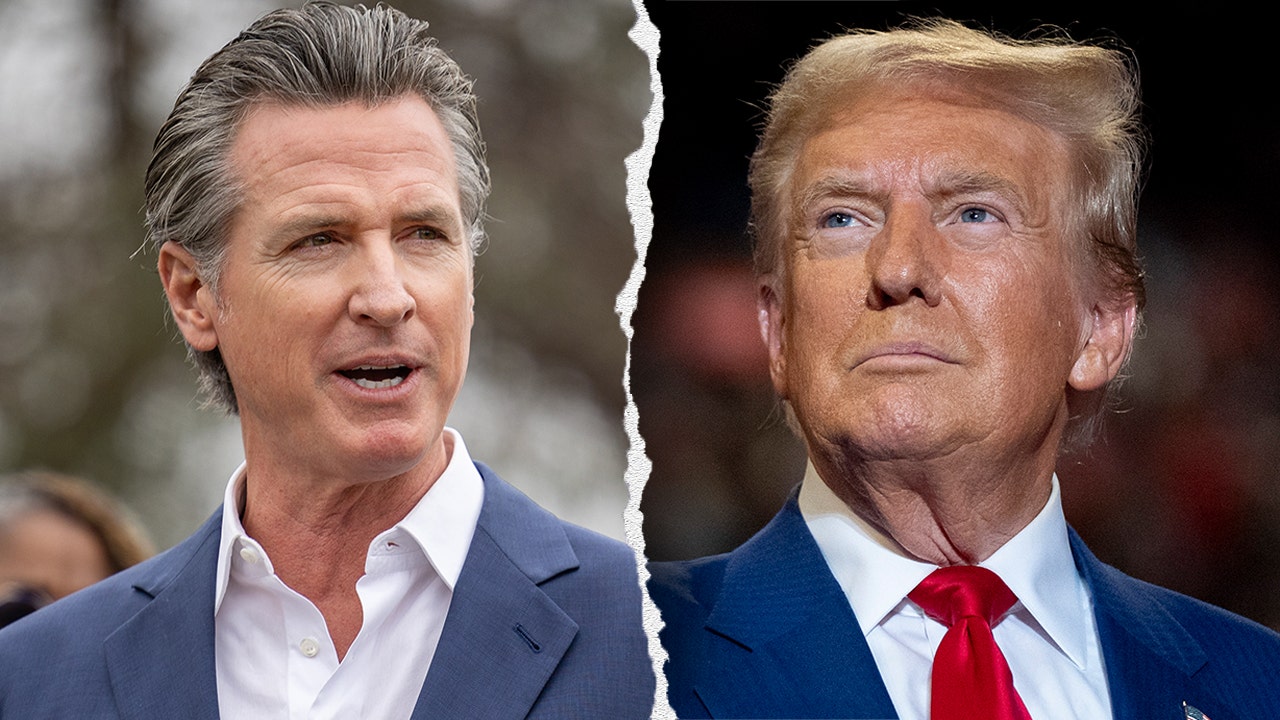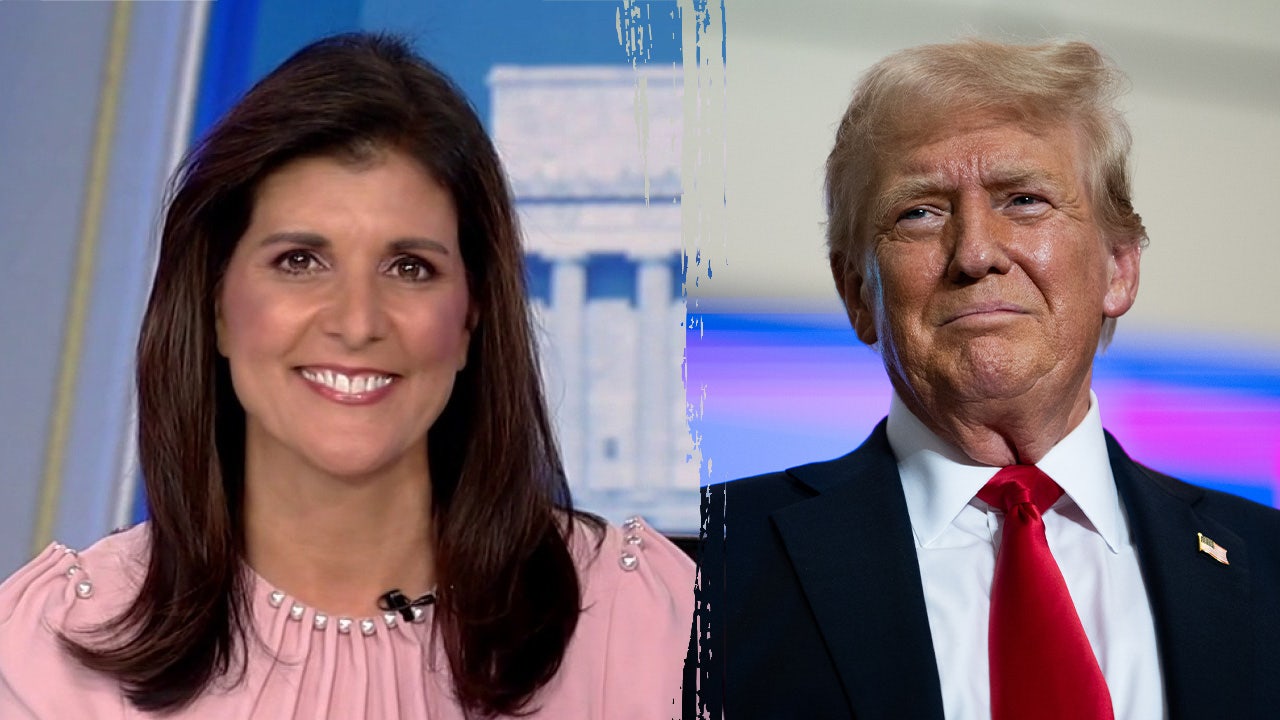Crypto
Tift County holds another meeting to address more concerns about cryptocurrency facility


Crypto
Cardano Soars 32% Amid Buzz Around Hoskinson As Trump’s Crypto Advisor

After Donald Trump won the US elections, speculations have been circulating that Cardano founder Charles Hoskinson could be appointed to a key government role that will oversee the crafting of policies on digital currency.
Hoskinson confirmed that he might step in as the presidential advisor on legislation concerning crypto.
Collaboration With The Trump Administration
He confirmed that he is interested in working with the government of the newly elected US president to share his expertise in creating crypto legislation.
The crypto founder said that he will push for clearer regulatory frameworks that are appropriate to the cryptocurrency landscape. A positive outlook on the future of the industry which has been confronted by regulatory challenges and uncertainties in the last couple of years.
Hoskinson emphasized that there is an urgency to develop positive policies involving cryptocurrency, which he noted needs the support of Democrats and Republican lawmakers as major digital monies are facing legal challenges from state authorities.
Why President Trump could pick Charles Hoskinson as a crypto policy advisor:
– Experience & knowledge: He is a co-founder of Ethereum and the founder of Cardano.
– Industry representation: He has already represented the cryptocurrency industry before Congress. His ability to…— Aleksandra Huk (@HukAleksandra) November 9, 2024
ADA market cap currently at $20.3 billion. Chart: TradingView.com
A Policy Division Concerning Crypto
In a statement, Hoskinson unveiled his plan to establish a policy division for crypto regulations with the help of his company, Input Output Global (IOG).
The crypto exec explained that the policy division will primarily be tasked to formulate a legislative framework that also encapsulates the terms stipulated in US financial laws, namely: the Financial Innovation and Technology for the 21st Century Act (FIT21) and the Responsible Financial Innovation Act (RFIA).
He promised that he would collaborate with legislators and officials of the Trump administration to pass a bipartisan crypto bill, highlighting the significance of cooperation across the US federal government.
Could Charles Hoskinson become President Trump’s crypto advisor? It would really be a wise decision. #Cardano $ADA https://t.co/xHfoaXjIlz
— Cardano YOD₳ (@JaromirTesar) November 8, 2024
Best Chance For The Industry
Hoskinson believes that the present political climate may offer the cryptocurrency industry the possibility of gaining legal status saying that the odds are in favor of the industry.
“This is the best opportunity we have ever had in the history of the industry to get clarity,” Hoskinson noted.
He argued that the crypto sector is not requesting any special treatment, stressing that digital currency players only want to have rules that will allow them to create new products that do not violate the law.
“The crypto policy should be written by the American people and the American crypto industry,” he added.
Cardano On A Price Surge
Speculations on Cardano’s founder being appointed as a Trump advisor have fueled the growth of the digital currency.
Meanwhile, data shows the digital currency has gained momentum and its price skyrocketed by 32% in the last 24 hours. If investors analyze Cardano’s price movement in the past seven days, the current price represents a nearly 70% growth.

ADA price up nearly 70% in the last week. Source: Coingecko
As a result, Cardano once again ranked as the ninth-largest cryptocurrency and the seventh-largest if stablecoins are excluded from the rankings.
The analysts added that the coin’s current movement is similar to previous market cycles, such as Bitcoin’s halving events.
At the time of writing, ADA is being traded at $0.5804 and the cryptocurrency has a total market capitalization of more than $20 billion.
Featured image from Pumpmoonshot, chart from TradingView
Crypto
No Capital Gains On Bitcoin – A Good Idea?

POLAND – 2024/11/06: In this photo illustration, Donald Trump’s X account is displayed on a … [+]
The question of whether Bitcoin and other cryptocurrencies should be subject to capital gains taxation has been bandied about for years, but has found renewed interest since former President Trump won a second term. The typical argument for capital gains treatment being inappropriate for cryptocurrencies is an assumption, in contravention of current tax policy, that they are currencies—and that currencies are not subject to capital gains tax.
This is partly true, but not for the reasons proponents think, as profits from currency exchanges are by default taxed as ordinary income under Internal Revenue Code (IRC) Section 988. This would mean any profit made from currency exchanges, including cryptocurrencies if they gain currency treatment, would be subject to taxation at ordinary income tax rates. Of course, as the top capital gain rate is 20% while the top income tax bracket is 37%, holders of cryptocurrencies in the upper income brackets would be none too pleased with this outcome.
That said, if a foreign currency is held as an investment and an election is made by a taxpayer under IRC Section 988(a)(1)(B) prior to any transaction occurring, it is possible for currency exchanges to receive capital treatment.
Advocates for excluding cryptocurrencies from the capital gains regime in favor of treating them as more traditional currencies, however, seem to be misunderstanding the effect and assuming that would mean gains on cryptocurrencies would not be taxed. In fact, by default, they’d be taxed at the potentially higher ordinary income rates.
Eliminating Tax on Bitcoin
It is clear what advocates for cryptocurrency tax reform are really hoping for is tax exemption.
However, there is no policy rationale for eliminating taxes on Bitcoin or any other cryptocurrency. At best, cryptocurrencies function as currencies—but ones with an incredibly inefficient and resource-intensive minting process and for which the very use creates externalities.
Unlike traditional fiat currencies, whose creation and transaction costs are relatively minimal, cryptocurrencies like Bitcoin require significant computing power, electricity, and the resulting environmental impact to maintain. Even cryptocurrencies that rely on more efficient systems than Bitcoin’s proof-of-work are still more resource-intensive than minting a nickel. This inefficiency undermines the argument that cryptocurrencies should enjoy the incentivizing power of complete exemption from taxation.
Moreover, cryptocurrencies lack the stability and governmental backing of traditional currencies, which makes them speculative assets rather than conventional mediums of exchange—regardless of what you call them.
Given that cryptocurrencies can and do function in the economy in a manner similar to other investment assets—like stocks or real estate—exempting them from taxation would create an inequitable tax environment. Other investment vehicles that generate a profit are subject to tax, and granting an exception for cryptocurrencies would simply endorse them as a special class of untaxed speculative wealth—a precedent with no underlying policy goal beyond boosting the wealth of those that hold it.
Economic and Social Realities of Tax-Exempt Crypto
There’s no precedent for the special treatment proposed for cryptocurrency gains, as no other asset class is exempted from tax solely for speculation. Municipal bonds are the closest comparison, but they differ in purpose and impact.
Municipal bonds are traditionally tax-advantaged to encourage investment in local and state infrastructure and keep the cost of municipal borrowing as low as possible. Tax exemptions on the interest from these bonds incentivize investors to support public projects which benefit society as a whole. Cryptocurrency holdings provide no such benefits.
A tax exemption for cryptocurrencies would almost certainly disproportionately benefit high-income individuals, further exacerbating wealth inequality. Much of cryptocurrency wealth is highly concentrated among a small group—with large holdings by early adopted and institutional investors. Placing cryptocurrencies on par with municipal bonds in terms of tax treatment would be a huge tax break grant to well-capitalized groups, rather than toward investments in social projects—depending economic divides.
There is also the tax revenue loss to contend with—as capital gains from cryptocurrencies are a growing revenue source for governments, particularly as the market for these assets expands. This revenue loss would likely need to be offset by shifting the tax burden onto wage earners and businesses or by reducing public services and infrastructure investments. I
Cryptocurrency Tax Policy Realities
The reality is that most of the proponents of eliminating capital gains tax treatment on cryptocurrencies—beginning with former President Trump and extending to others in his political sphere—likely do not fully understand the implications of their proposals. Statements from these advocates reveal a fundamental misunderstanding of the current tax system as they seem to believe that by treating assets like Bitcoin as currency, their gains would be rendered tax-free. In reality, however, shifting cryptocurrencies to “currency” treatment would, by default, subject profits to higher tax rates.
This misconception stems from an incomplete, or wholly lacking, grasp of tax law fundamentals. By framing cryptocurrencies as currency without understanding the tax implications, they risk promoting a policy that would, in practice, often result in taxing these assets more heavily—rather than less. This is emblematic of their broader policy understanding and corresponding vision.
In conclusion, while cryptocurrency itself is undoubtedly volatile, tax policy should be anything but. Any fundamental alteration to cryptocurrency tax treatment should be based on a thorough analysis and a compelling rationale, rather than mere hunch or political impulses.
Crypto
Piper Sandler says Trump will usher in a wave of mainstream crypto adoption — so buy these stocks
-
Business1 week ago
Carol Lombardini, studio negotiator during Hollywood strikes, to step down
-

 Health1 week ago
Health1 week agoJust Walking Can Help You Lose Weight: Try These Simple Fat-Burning Tips!
-
Business1 week ago
Hall of Fame won't get Freddie Freeman's grand slam ball, but Dodgers donate World Series memorabilia
-

 Culture1 week ago
Culture1 week agoYankees’ Gerrit Cole opts out of contract, per source: How New York could prevent him from testing free agency
-

 Culture6 days ago
Culture6 days agoTry This Quiz on Books That Were Made Into Great Space Movies
-
/cdn.vox-cdn.com/uploads/chorus_asset/file/25299201/STK453_PRIVACY_B_CVirginia.jpg)
/cdn.vox-cdn.com/uploads/chorus_asset/file/25299201/STK453_PRIVACY_B_CVirginia.jpg) Technology1 week ago
Technology1 week agoAn Okta login bug bypassed checking passwords on some long usernames
-

 Health3 days ago
Health3 days agoLose Weight Without the Gym? Try These Easy Lifestyle Hacks
-

 Culture2 days ago
Culture2 days agoThe NFL is heading to Germany – and the country has fallen for American football






















